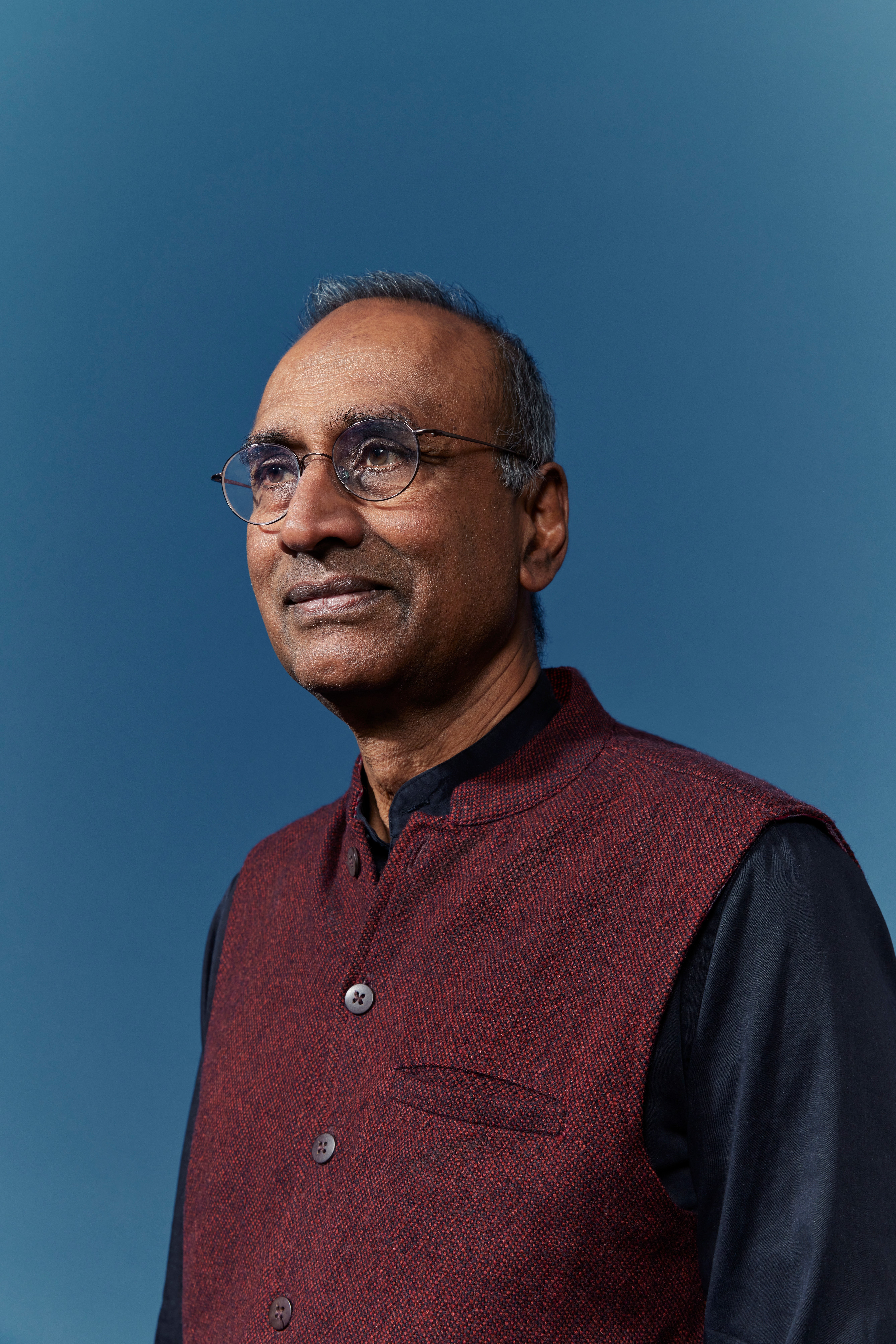 I was given this Neanderthal for my birthday, and those fossils and that terrifying stuff from the stygian crevices of my head. James Fraser made this picture for me. James, you are officially the King of being able to judge a person.
I was given this Neanderthal for my birthday, and those fossils and that terrifying stuff from the stygian crevices of my head. James Fraser made this picture for me. James, you are officially the King of being able to judge a person.I might have half an MA Creative Writing. A 'M' I suppose, or more properly an 'A'; I’m certainly not a Master - but then I hardly qualify as an Art either.
Whatever, the taught year of the degree is over and when I met the Author who is Writing about Neanderthals for my first dissertation tutorial she intimated I'd passed the last two modules; the exam board meets in October. Schrodinger's cat is completely out of the box – the marks aren’t confirmed - but I’m never, ever going to average 70% or over for the year. Oh well, I don’t exactly want to top myself. Although actually, a bit I do…
The dissertation is to be twelve thousand words with a three thousand word commentary. I’ve form for being ungovernable regarding word count guidelines; the short-story I wrote for the fiction module grew to be over eight thousand words long and was a nightmare to edit and make coherent because I couldn’t actually read it all in one go (grim to mark too I imagine). Consequently I’m planning to write six, two thousand word pieces, a mixture of fiction and creative nonfiction, based on some of the statements from my 20+ Things about me-meme; me, me, me, me. I'm hoping some unifying theme will emerge.
When I spoke about the three short-story ideas I've got so far:
- Alternating male and female perspectives of an affair over forty years;
- Changes wrought by a transfer from a mobile forager/hunter existence to sedentism and food production;
- The impact of dementia;
In an earlier post, That’ll be different, I referred to shifting perceptions of time through moment and culture. For example, during the 1940s an anthropologist, Evans-Prichard, lived amongst the Nuer, a pastoralist people of Southern Sudan.
Evans-Prichard reports that Nuer don’t have Time; that is they don’t have any expression equivalent to Time which means that they can’t speak of Time as if it is something actual, it doesn’t pass, can’t be wasted, can’t be saved and can't be made up. It pleases me to think of people who live without Time; of Time as an artificial construct.
How I feel about time is - in the short term everything matters but in the long term, geological time, nothing matters.
If my infant mother hadn't survived diphtheria in an era before antibiotics I would never have been born.
'No great loss!' My other reader might reasonably exclaim. 'You're a narcissist, you produce ungovernably long short-stories and you're morbidly attached to Neanderthals.'
Okay, that is all true - but, what if Charles Darwin's mother had died of diphtheria or Alan Bennett's mother? And anyway, if I wasn't born who would my childrens’ partners be marrying at those pretty damn special weddings I've written about; the weddings that are going to happen in the near future? And who would be here to submit bridesmaid gowns to the YMCA test? Unsettling thoughts.
Yet in terms of geological time, nothing is really significant, not whales, not poor darling infants choking to death, not the threat of redundancy, nothing.
I think to be kind and attentive are the most essential human characteristics. I try to occupy the moment and believe that everything equates. But mostly I live in a geological-time mindset; a mindset where nothing matters; except maybe MA marks and interesting facts about Neanderthals (my favourite hominin, thanks again, James).
Yes, I know I’ve used stygian twice recently. Stygian has taken over from trope as a word I bandy in an attempt to appear clever.
ps I've borrowed the 'What if my mother hadn't survived? None of this would have happened,' motif from Kathleen Jamie (Findings p. 112). Jamie's mother survived pneumonia and my mother really did survive diphtheria.





















.JPG)


